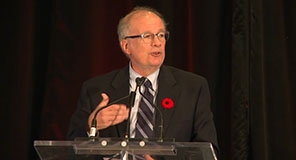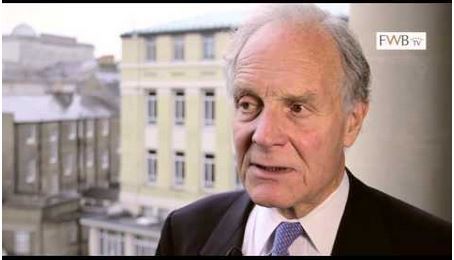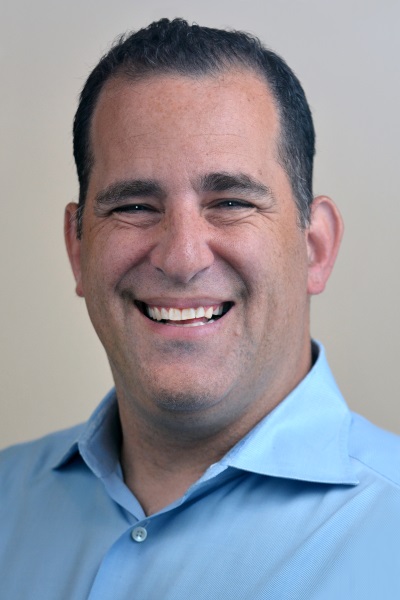
As my online piece in the Financial Post this morning reports, Catherine Swift and her Working Canadians group are releasing an online petition urging millions of Canadians with Tax-free Savings Accounts (TFSAs) to ask the incoming Liberal administration to keep annual contribution levels at $10,000.
You can find the Save our TFSA petition here.

As we noted last Thursday in Working Canadians’ Catherine Swift to Liberals: Retain $10,000 TFSA contribution limit, one of our readers actually suggested such a petition be launched. I reproduce the email below:
There would be an enormous protest from many individuals if this comes to pass. Is there an organized petition to fight this plan, please? As a needing widow retiree, I wish to join one. — VB
Well there is an organized petition now and the Hub urges readers to sign it. Continue Reading…






